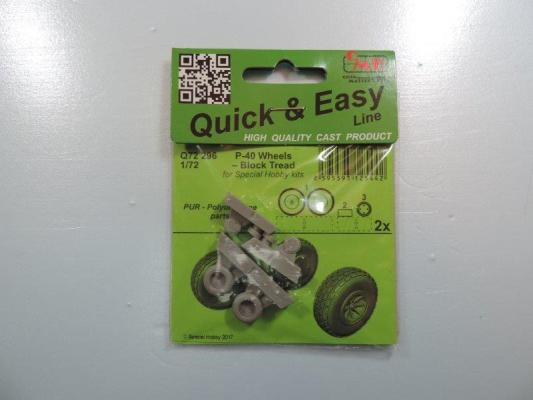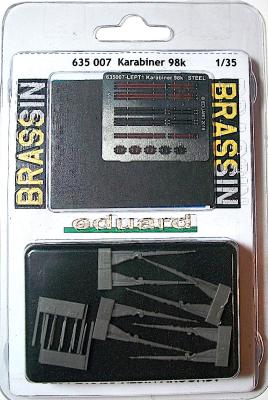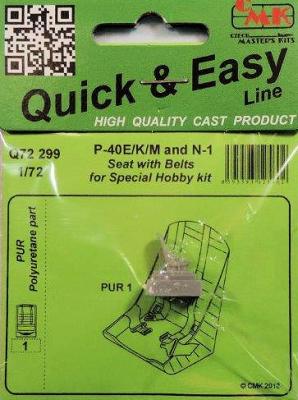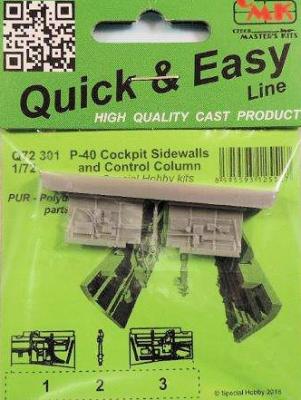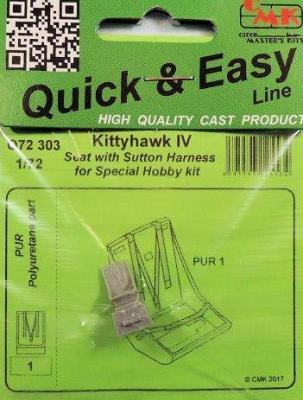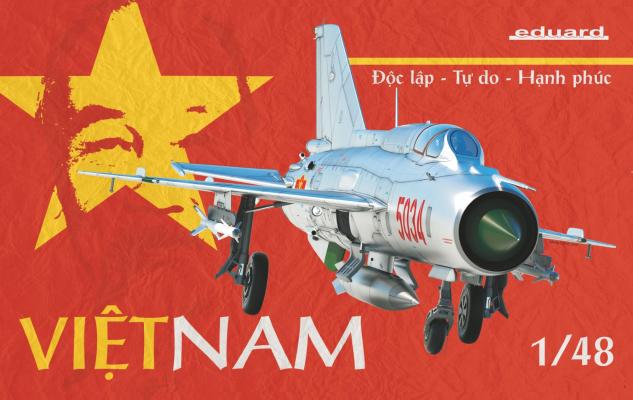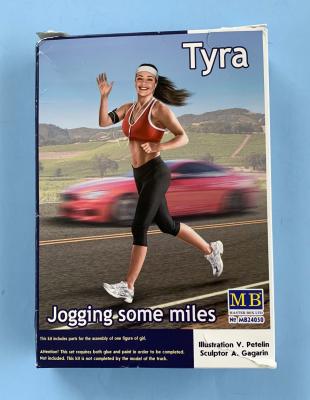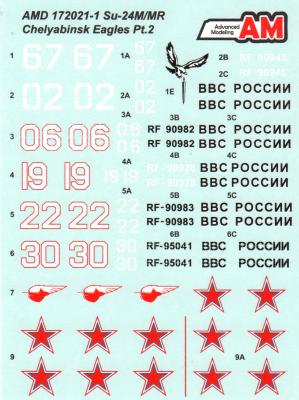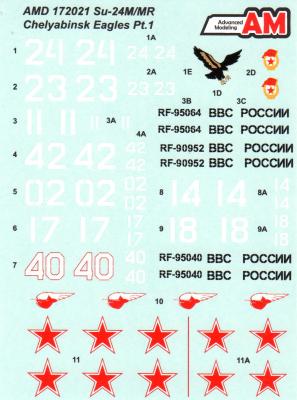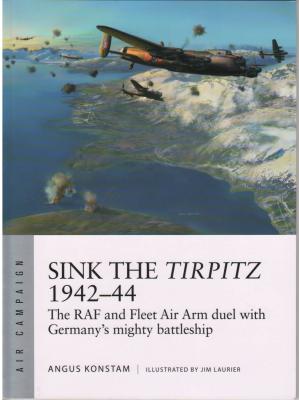CMK has produced a very nicely detailed set of block treaded wheels for the 1/72 Special Hobby P-40/Kittyhawk kits. The supplied items include the block tread tires and separate hubs in two options. Although made for the Special Hobby P-40/Kittyhawk kits, these wheels should be adaptable to any of the 1/72 P-40/Kittyhawk IV kits currently on the market, for a smart upgrade to lackluster kit wheels.
The wheels are nicely molded from a 3D-printed master, with no flash or pitting. Tread detailing is fine on the tires, as are the two supplied options for the separate spoked or closed hubs.
Be sure to wash the parts in soapy water to remove mold release agents and prime prior to using your favorite modeling paints.
Highly recommended.
Thanks to the IPMS Reviewer Corps and CMK for the opportunity to review this item.

